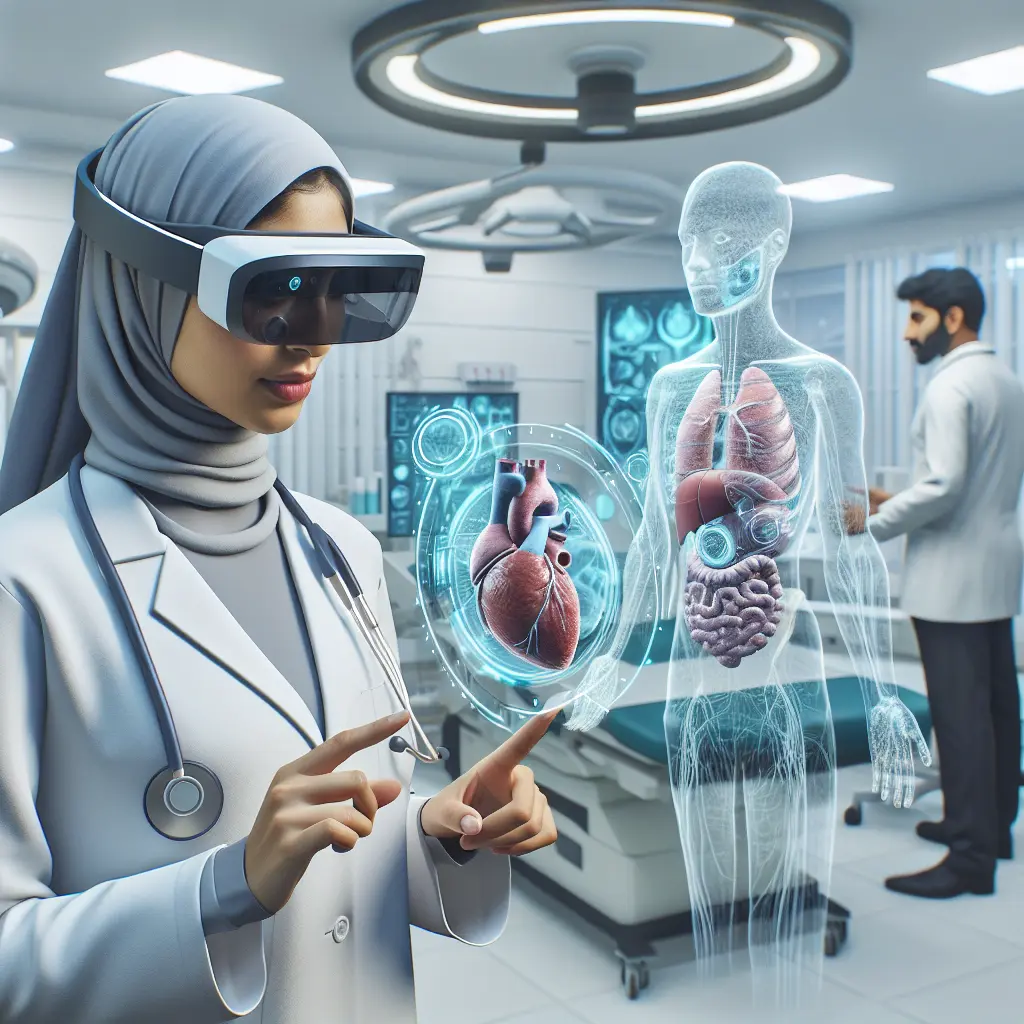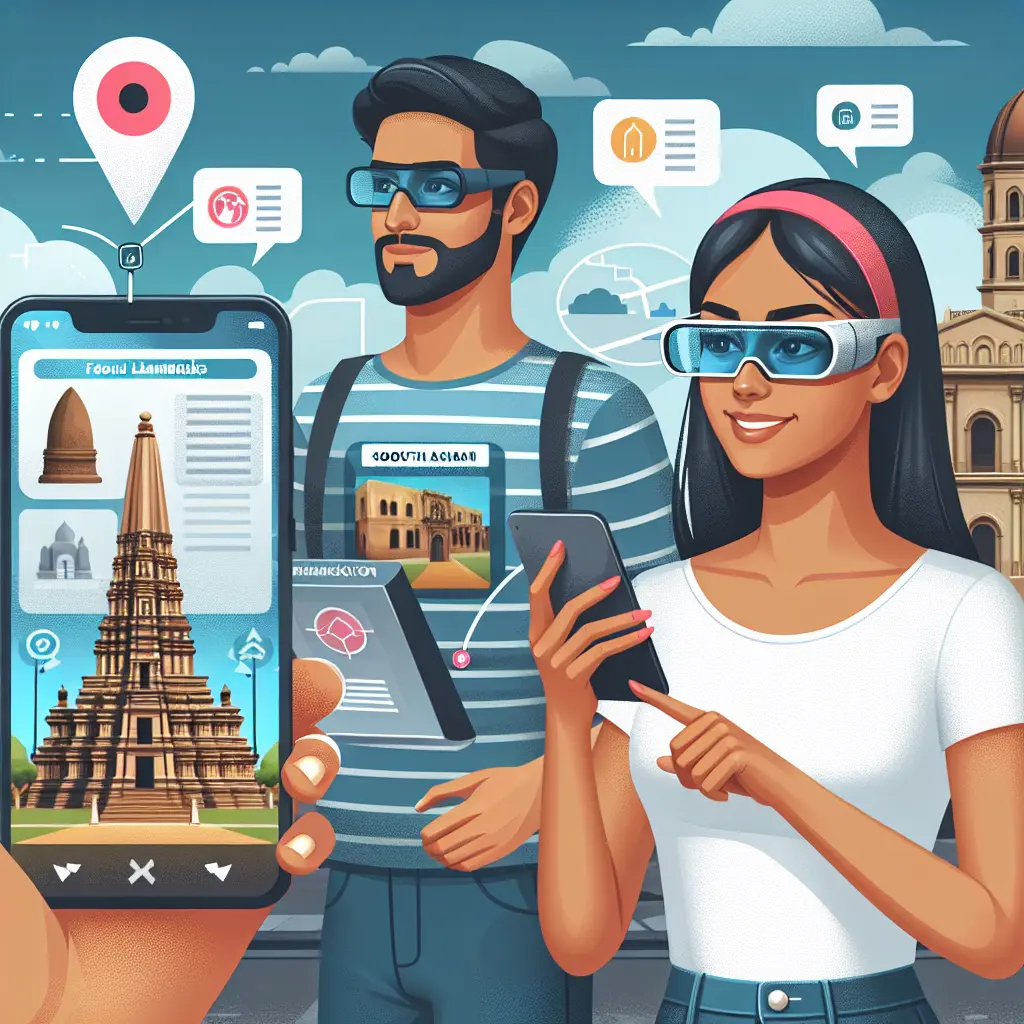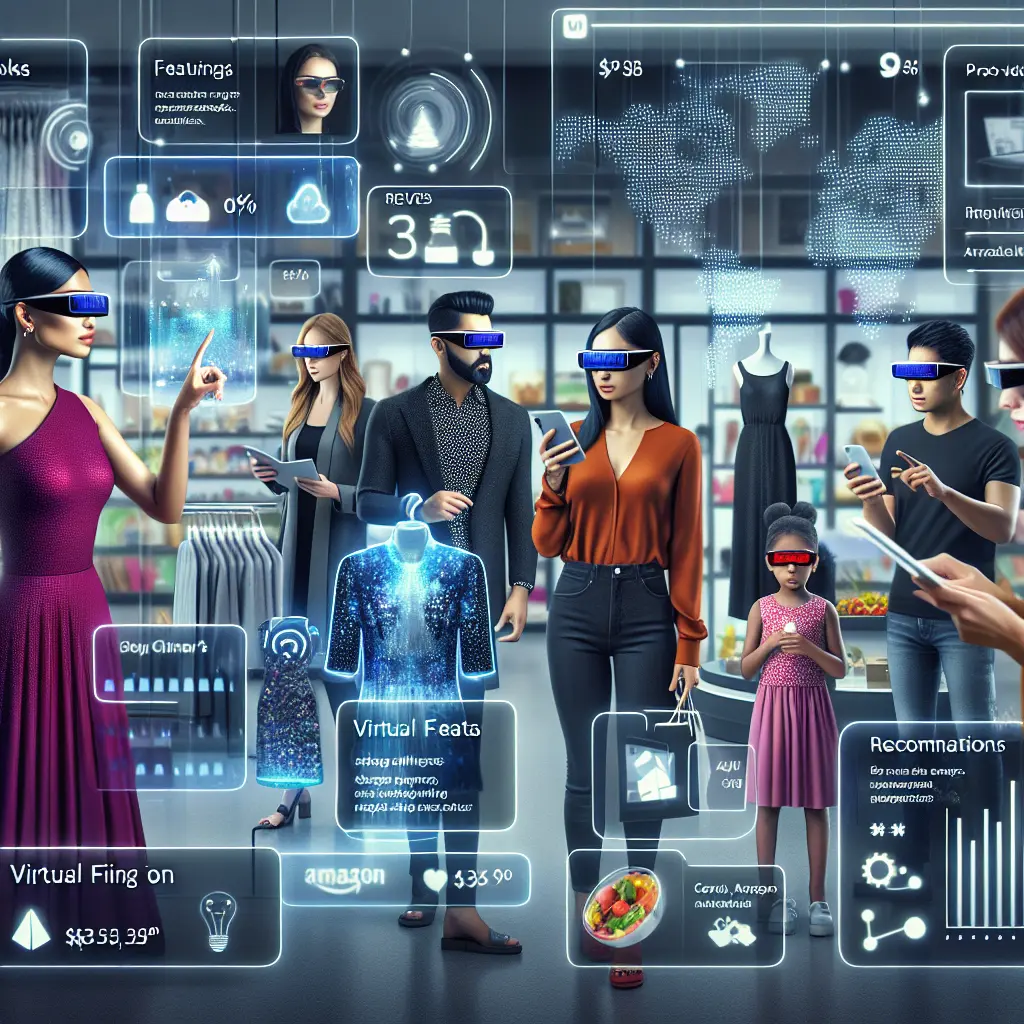In the ever-evolving landscape of healthcare technology, augmented reality (AR) stands out as a transformative force. By integrating digital information with the physical world, AR is not just enhancing patient care but is also revolutionizing the medical field in ways previously unimaginable. This post delves into how augmented reality in healthcare is setting new benchmarks in patient care, drawing from recent advancements and applications.
Augmented reality is reshaping medical training by offering immersive, hands-on experiences that traditional methods cannot match. This innovation allows aspiring healthcare professionals to practice complex procedures in a controlled environment, significantly enhancing their skillsets.
One of the most remarkable applications of AR in healthcare is in the field of surgery. Augmented reality surgery elevates precision to unprecedented levels, allowing surgeons to overlay digital images onto their field of view during procedures. This advancement ensures that critical information, such as patient anatomy or surgical guides, is accessible in real-time without diverting attention from the patient.
In diagnostics, AR is a game-changer, providing faster and more accurate assessments that improve patient outcomes. By leveraging augmented reality diagnostics, healthcare providers can visualize complex data sets and anatomical models directly over the patient's body, facilitating quicker decision-making processes.
The AR patient experience is also undergoing a significant transformation. Augmented reality patient engagement techniques empower individuals by making complex medical information more accessible and understandable. By fostering a more informed patient base, AR ensures that individuals can play an active role in their healthcare journey.
Revolutionizing Healthcare through AR
In hospital settings, AR healthcare solutions are proving invaluable for optimizing operations and improving patient care standards. By utilizing medical augmented reality tools, hospitals can enhance resource management and streamline procedures.
Despite its immense potential, the widespread adoption of augmented reality in healthcare faces challenges. One such issue is moderation—ensuring that the information displayed through AR is accurate and relevant. Maintaining the integrity of information is crucial for effective healthcare delivery.
Furthermore, accessibility remains a barrier. While current devices like smartphones can support basic AR functions, there is a need for more advanced hardware to fully realize the potential of real-time heads-up displays. Addressing these challenges will be critical for broader implementation.
As we navigate through these advancements, it's clear that augmented reality in healthcare is not a fleeting trend but a cornerstone of future innovation. Whether it's through improving surgical precision or enriching educational experiences, AR is reshaping modern medicine.
Embracing the Future of Medicine
In conclusion, augmented reality in healthcare is on a path to revolutionize patient care by offering innovative solutions that enhance precision, efficiency, and engagement across the board. With continued investment and development, AR has the potential to significantly improve healthcare outcomes and transform the patient experience for generations to come.
We invite you to share your thoughts and experiences on the impact of augmented reality in healthcare. How do you envision its role in future medical practices? Join the conversation and explore the possibilities.
Stay curious and keep exploring the future of healthcare technology.







Leave a Comment